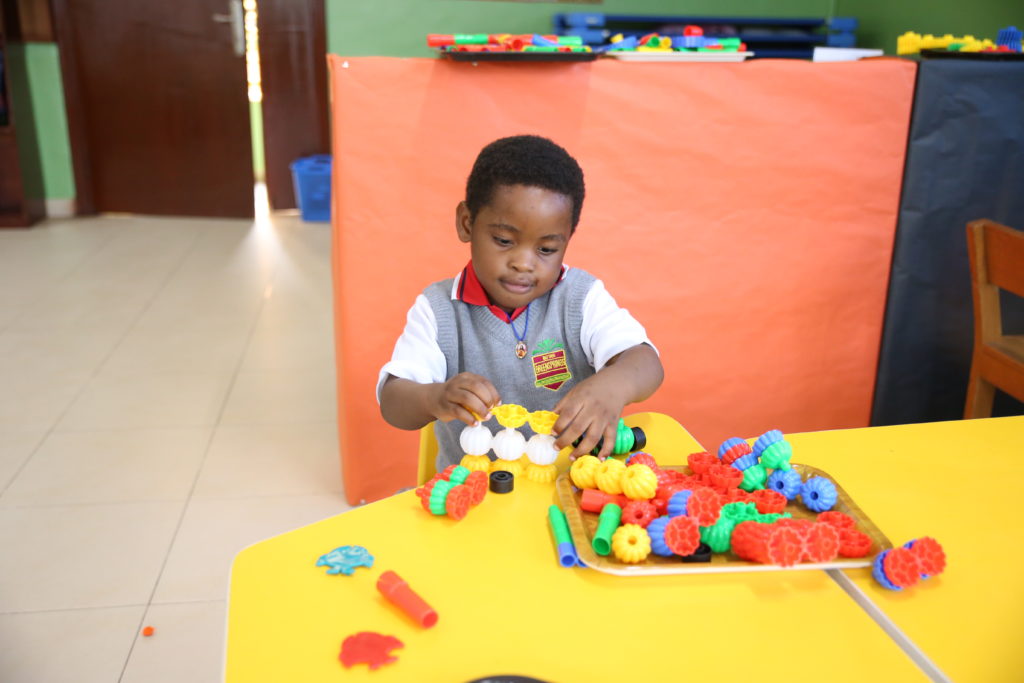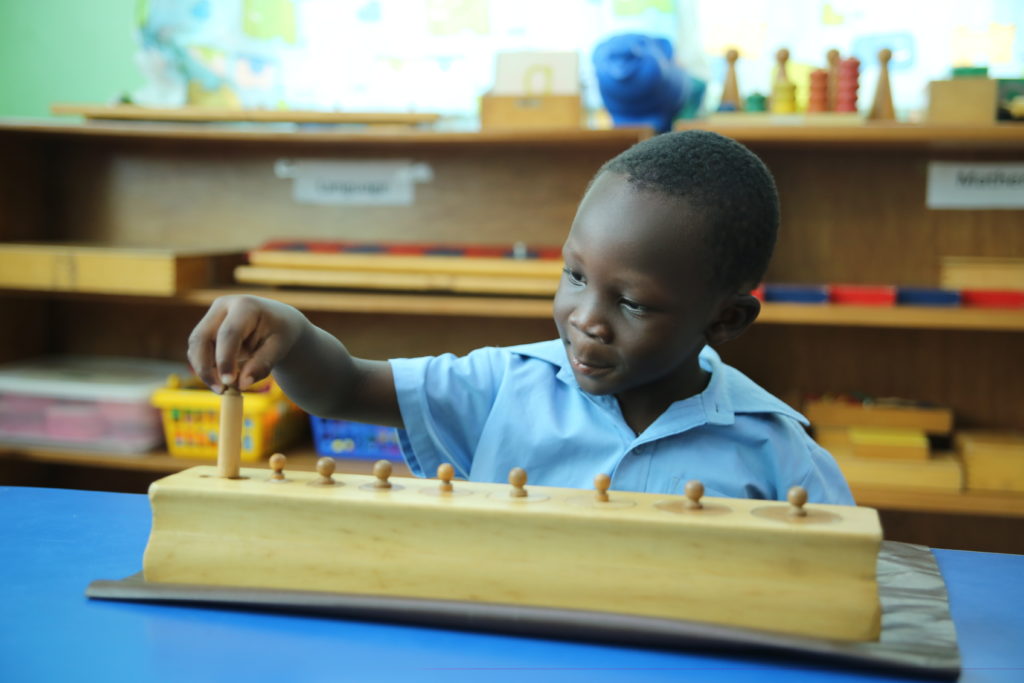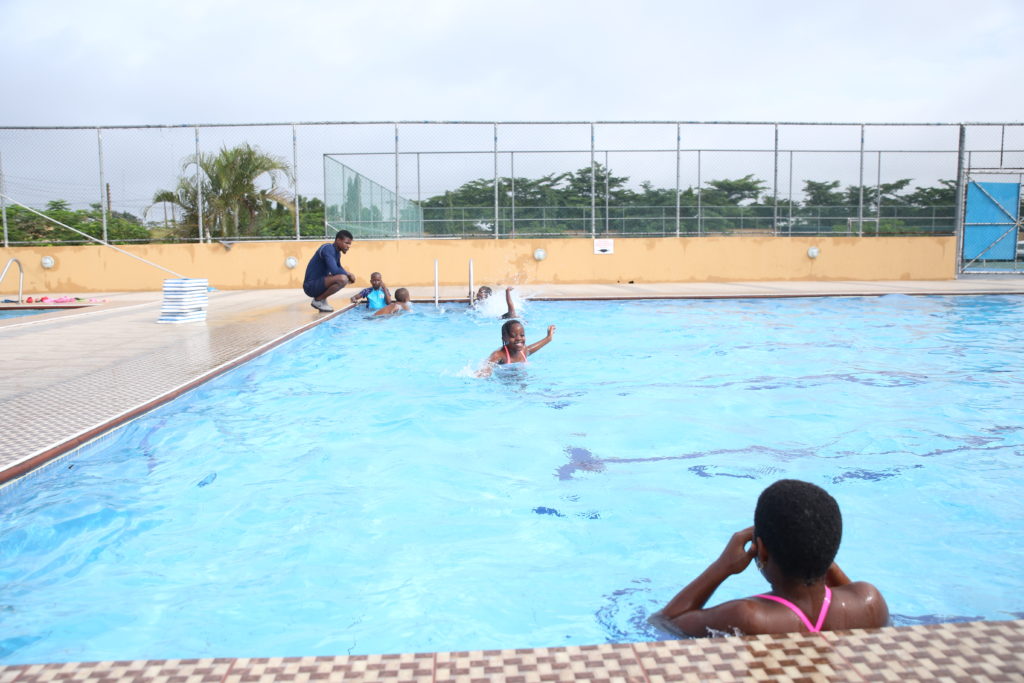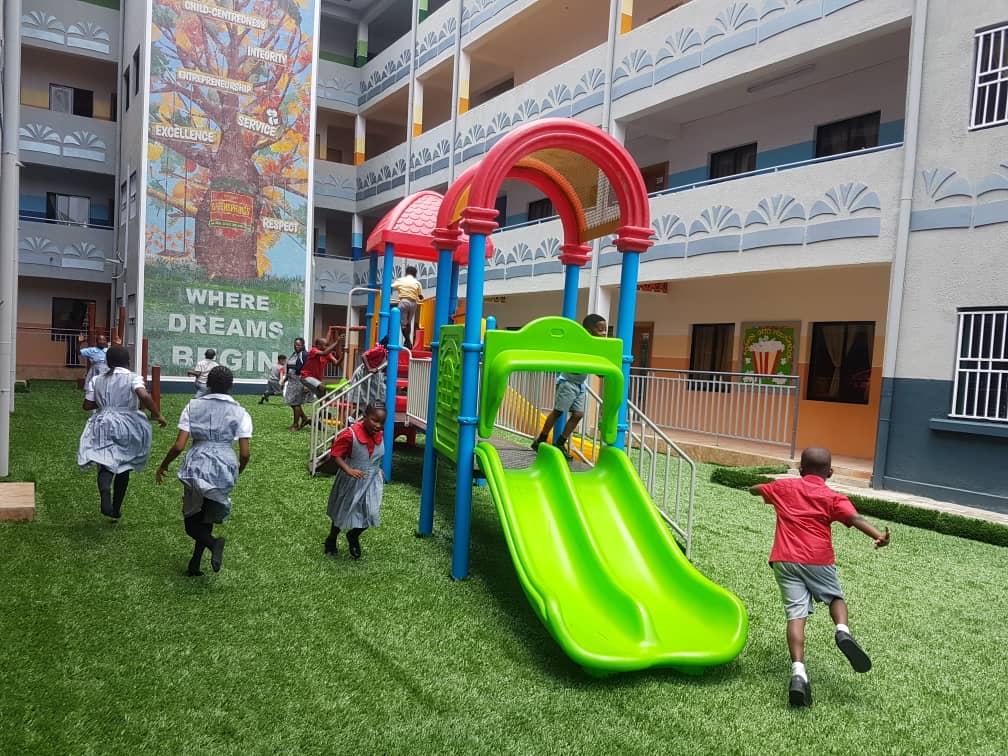Early child development in Nigeria is a topic that has been paid less attention in the educational sector. The Early years of a child should matter a great deal to educators, the government and to parents.
During the first years of a child’s life, the brain grows rapidly providing good nutrition, loving care and appropriate play which provide the right foundation for a child’s learning.
Play contributes positively to a child’s development and it eventually contributes to economic and social growth.
The aim of this article is to give reasons to why play is an essential part of learning in early child development in Nigeria. It will define play and its importance in early child development in Nigeria, it will discuss the impact play deprivation can cause on early child development and the actions educators and parents can employ to include play in their child’s learning.
The benefit of play in Early Child development in Nigeria.
According to a recent publication by allafrica.com on the topic “Nigeria lags behind in Early Child development” it was stated that “250 million children under the age five in the world are unlikely to reach their potential because their development has been stunted by stress, lack of early stimulation and poor nutrition.
Nigeria is amongst the top 10 countries contributing to 250 million children under five at risk of not reaching their potential.
In regards to early child development in Nigeria, some schools do not provide young children with adequate learning facilities that can aid play. However, educators in Nigeria need to bear in mind that play is essential to the whole child concept. For instance at Greensprings School, the pre-school, category the teaching approach is child-centred. It neither imposes on the child nor does it abandon him/her in total free play.

Young children allowed to play in early child development in Nigeria will help improve the economy of the country.
Early child development has the opportunity to help children learn, laugh, feel joy and become more creative and imaginative.
Nevertheless, when children are not introduced to play it can cause several detriment in their development.
Why Play is Important in early child development?
Play according to Levi (1996), gives children the opportunity to be in control of what is happening and what they know. When children play with friends they are able to exercise self-control and develop what they already know, take turns, cooperate and socialize with others.
Play is important in early child development because it allows children to develop their imagination and make sense of the world around them. Play helps with a child’s development by stimulating the brain through the formation of connections between nerve cells. This process helps with the development of fine and gross motor skills.
Fine motor skills are activities such as being able to hold a crayon or pencil. Gross motors include activities such as jumping or running.
Play is not only important for children abroad but it is also of essential benefit to young children in Nigeria. Why is this so?
The benefit of play in Early Child development in Nigeria.
According to a recent publication by allafrica.com on the topic “Nigeria lags behind in Early Child development” it was stated that “250 million children under the age five in the world are unlikely to reach their potential because their development has been stunted by stress, lack of early stimulation and poor nutrition.
Nigeria is amongst the top 10 countries contributing to 250 million children under five at risk of not reaching their potential.
In regards to early child development in Nigeria, some schools do not provide young children with adequate learning facilities that can aid play. However, educators in Nigeria need to bear in mind that play is essential to the whole child concept.
For instance at Greensprings School, the pre-school, category the teaching approach is child-centred. It neither imposes on the child nor does it abandon him/her in total free play.
Young children allowed to play in early child development in Nigeria will help improve the economy of the country.
Early child development has the opportunity to help children learn, laugh, feel joy and become more creative and imaginative.
Nevertheless, when children are not introduced to play it can cause several detriment in their development.
What impact does play deprivation cause on Early Child Development in Nigeria?
Educators you need to be aware that play primes the brain for social and emotional learning. When young children are deprived of play they might find it difficult adjusting to real life. For instance, in Nigeria we have a lot of young children who are not able to access quality education from a tender age (0 to 5 years) due to the fact that they do not have the money or their parents may lack an understanding of early childhood education.
When these young children get to elementary school, play deprived children may not have learned the complex languages of play which melodiously bring together the cognitive, emotional, physical and social elements that are all necessary for personal competence in playing.
The early years of a child is that formative period in which children are able to learn lifelong skills. The human brain undergoes rapid growth during this period; it’s at this stage that a child builds cognitive and character skills. Cognitive skills are the core skills your brain uses to think, read, learn and remember things. While character skills are soft skills such as openness to learning, conscientiousness, teamwork, resilience and self-control.
A child who has not had an early experience of healthy play may overdo the play process or may simply not understand what is going on. It might take them a long time to understand what is being taught in the classroom. The lingering effects of childhood play deficits echo in later adult attitudes about becoming a viable part of a community.
What are the actions educators and parents need to employ to include play in their child’s learning?
As parents, you want to teach your young child to grasp concepts, to be curious about exploring the world, to read and write. Are you aware you can help your child academically by playing with them? Play and learning go together!
 Playing with your child helps keep your child engaged in the kind of play where learning occurs. Your interest, questions, and comments as you play alongside will help your child use toys productively. And the two of you will have lots of fun together! Most importantly, you will be working toward your child’s future success as a student by building important approaches to learning.
Playing with your child helps keep your child engaged in the kind of play where learning occurs. Your interest, questions, and comments as you play alongside will help your child use toys productively. And the two of you will have lots of fun together! Most importantly, you will be working toward your child’s future success as a student by building important approaches to learning.
As a school, educators should take into account the physical space for assimilation. The environment in which children learn and develop their cognitive and social skills is important. A lot of schools in Nigeria do not have the facilities to create an atmosphere that is fun for children.
Schools need to provide an environment that supports play. For example, providing a beautiful collection of shells displayed can spark the interest of children. The aesthesis of a preschool should be colourful and mapped with materials that young children can understand. Teachers should ensure that they position toys in a manner that children will be able to access them.
In conclusion, play is important in early child development in Nigeria. For the economy to improve, children need to be taught from a tender age how to play.




